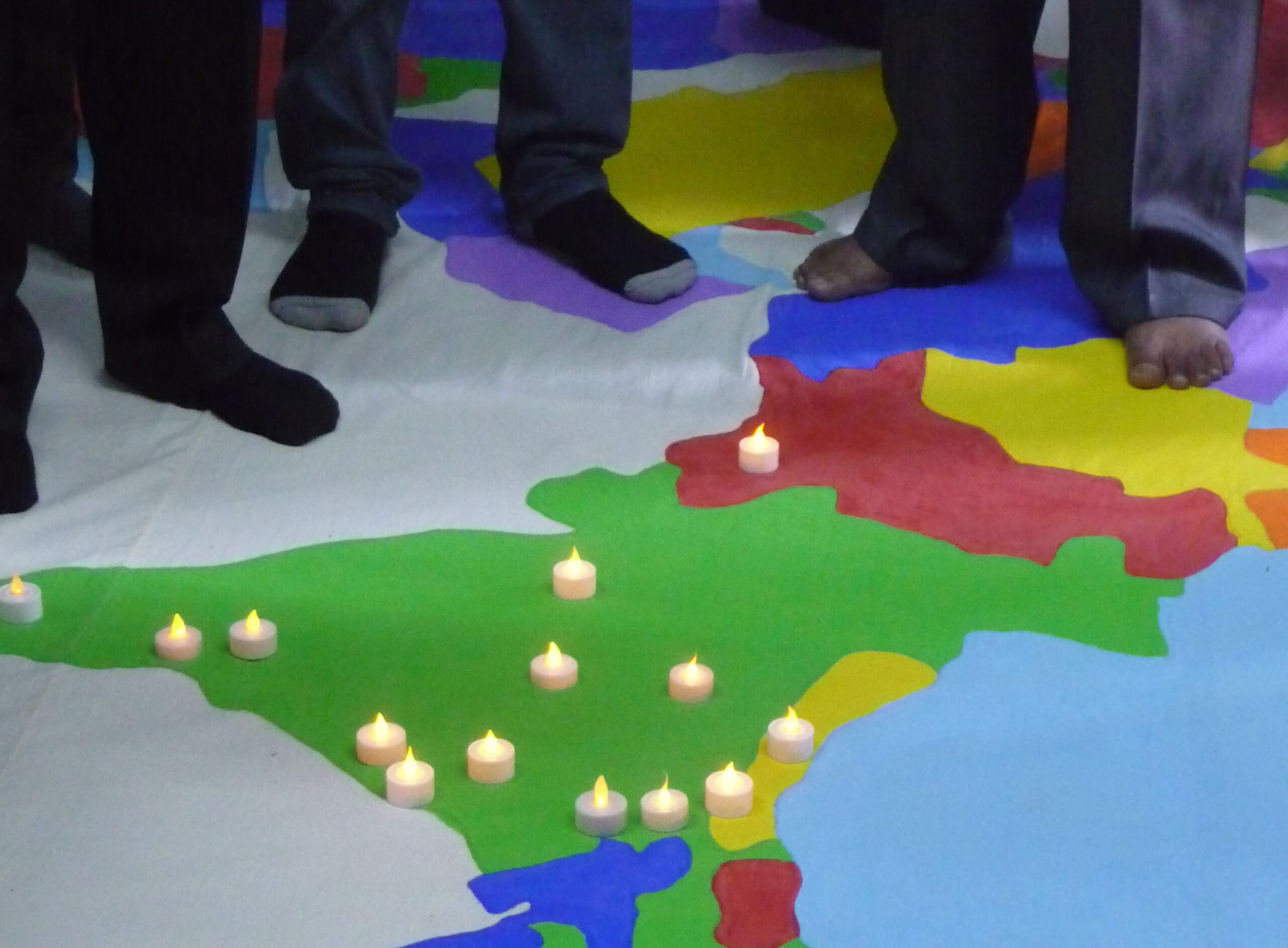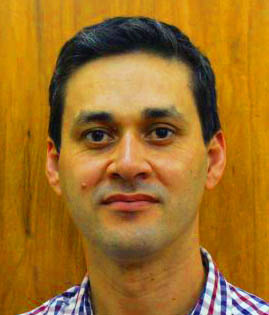-
A Mission Story of KMC – witnessing in faith
KMC traces her beginnings from Tanzania Mennonite Church (KMT). KMT inspired evangelists planted pioneer congregations in Kenya from 6 December 1942. Up till 1977 when the Conference was registered under Societies Act of Kenya, the KMT leadership oversaw the congregations.
-
The Holy Spirit is at work among us
Like the chambers of a heart, the four MWC commissions serve the global community of Anabaptist-related churches, in the areas of deacons, faith and life, peace, mission. Commissions prepare materials for consideration by the General Council, give guidance and propose resources to member churches, and facilitate MWC-related networks or fellowships working together on matters of…
-
Mission Commission calls Anabaptists to urgency in mission
Like the chambers of a heart, the four MWC commissions serve the global community of Anabaptist-related churches, in the areas of deacons, faith and life, peace, mission. Commissions prepare materials for consideration by the General Council, give guidance and propose resources to member churches, and facilitate MWC-related networks or fellowships working together on matters…
-
Mennonite churches in DR Congo
Background The Democratic Republic of Congo is a country located in Central Africa, inhabited by nearly 80 million people, belonging to500 tribes and living on a surface of 2 345 410 square kilometers. The country experienced two waves of evangelism. The first evangelism occurred during the15thcentury through the first European explorers. This evangelism did not…
-
Unity in the global family
Like the chambers of a heart, the four MWC commissions serve the global community of Anabaptist-related churches, in the areas of deacons, faith and life, peace, mission. Commissions prepare materials for consideration by the General Council, give guidance and propose resources to member churches, and facilitate MWC-related networks or fellowships working together on matters of…



